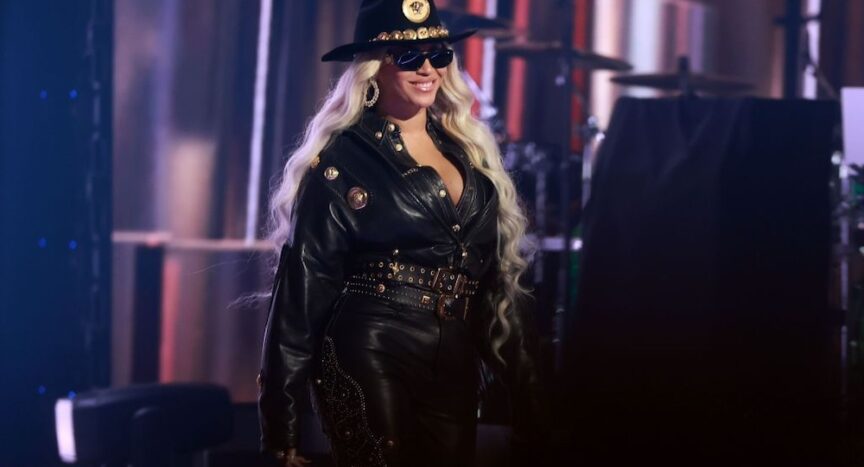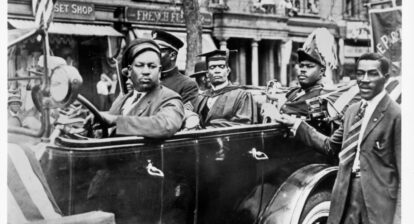Country music’s journey toward inclusivity remains a work in progress, particularly concerning the recognition of Black artists. The Country Music Association (CMA) Awards have notably lagged in acknowledging Black talent, especially when contrasted with the GRAMMY Awards and their slightly more diverse nomination offering this year.
Take Shaboozey, for instance. His track “A Bar Song (Tipsy)” has dominated the charts and tied the record for the longest-running No. 1 on the Billboard Hot 100, with fellow crossover hit – Lil Nas X’s “Old Town Road (featuring Billy Ray Cyrus).” Despite this achievement, he secured only two CMA nominations—New Artist of the Year and Single of the Year—and left without a win.
Similarly, Beyoncé’s foray into country music with her album Cowboy Carter and its lead single “Texas Hold ‘Em” both reached No. 1 on Billboard’s country charts, setting records for a Black woman in the genre. Yet, she received no CMA nominations. In contrast, the GRAMMY Awards have embraced both artists, with Shaboozey and Beyoncé receiving five and eleven nominations, respectively. The birth of Cowboy Carter was birthed “out of an experience that I had years ago where I did not feel welcomed…and it was very clear that I wasn’t,” Beyonce shared upon its release. Many feel that moment was her performance at the 2016 CMAs, which received rave reviews–yet received backlash and boos from some in the country music community. The performance would go on to be removed from the site after generating racist comments.
While artistic merit isn’t solely measured by awards, the consistent oversight of Black artists who achieve both critical acclaim and commercial success raises questions. The CMA’s nomination process lacks a formal submission system; instead, its voting members write in their choices, leading to potential biases.
Notably, Shaboozey won the People’s Choice Country Award (PCCA) for New Artist of 2024. He also won the award for New Artist Song of 2024, from 12 nominations. Beyonce garnered a staggering 17 nominations, the second of any artist behind country superstar Zach Bryan, but left with zero trophies.
Country-rap artist Jelly Roll commented on Beyoncé’s “Cowboy Carter during an appearance on the Flagrant podcast: “I think that the body of art was incredible… there was no denying it… The record was good. I don’t know if it was Beyoncé’s best record… but there were two or three songs on there that I thought could be ‘Country Song of the Year’ for sure.”
Yet, the CMAs and sections of the country music community don’t seem to see it that way. The CMAs, one of country music’s most prominent institutions, often seem reluctant to embrace Black artists fully, no matter their contributions. Even when Beyoncé is removed from the conversation, the glaring disparity in how Black musicians are engaged at every level remains undeniable. Icons like Darius Rucker—who helped reshape the genre’s sound through his Hootie & the Blowfish fame and solo success—have just one CMA Award to their name. This persistent lack of recognition can feel like an unspoken declaration and saying “the quiet part out loud.”
The disparity in recognition between the CMAs and other award bodies underscores the ongoing challenges Black artists face in the country music industry. The GRAMMYs, which are set for Feb. 2 at 4 pm CT/ 7 pm ET, will be a vital indicator of where the country music’s establishment and its relationship with Black artists lie.



